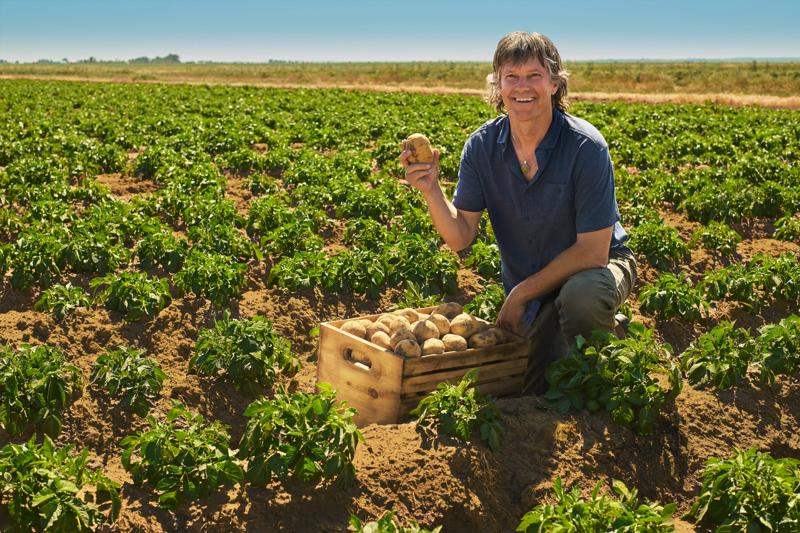Cool temperatures, an abundance of rich, fertile soil and long summer days that provide extended stretches of sunlight make Canada’s farms ideal for growing high-quality oats and potatoes that are used to make PepsiCo products like Quaker Oats and Lay’s potato chips.
And thanks to the growing use of regenerative farming practices that restore soil, conserve water and reduce emissions, those golden fields aren’t just nourishing families today — they’re also helping to build a more resilient food system for generations to come.
Now, PepsiCo is building on its regenerative farming efforts with Canadian farmers by working to expand the practices across an additional 240,000 acres of Saskatchewan and Manitoba farmland in Canada by the end of 2025. This will nearly double its footprint to more than 500,000 acres of farmland managed with practices that nurture nature and contribute to the long-term vitality of Canada’s farms.
“PepsiCo is deepening our roots in Canadian agriculture,” says Cara Keating, CEO of PepsiCo Canada. “We’re expanding our regenerative agriculture program by 240,000 acres while supporting the farmers who grow the ingredients behind our most-loved brands. Together, we’re building resilience from the ground up.”
